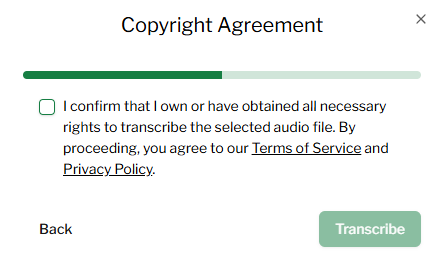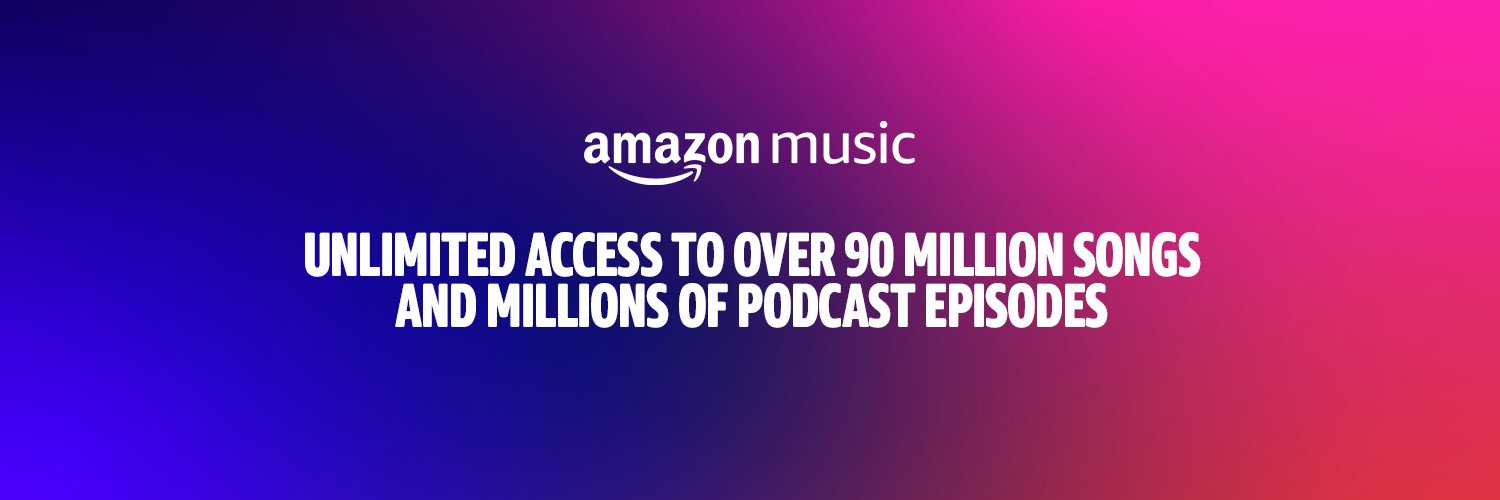AI startup transcribes audio tracks to sheet music in minutes
Songscription calls itself the ‘Shazam for sheet music’ as it uses AI to automatically transcribe songs to sheet music.
Songscription: A handy new tool for musicians
If you’ve ever tried to transcribe a song by ear, you’ll know it can take a while. Now, a new AI startup wants to make that process a whole lot easier.
Songscription, founded just seven months ago, is here to help. Its AI tool automatically turns audio files and YouTube links into sheet music. Its easy-to-use tool lets anyone transcribe audio into sheet music, but is aimed at helping hobbyist and professional musicians transcribe their own music.
How does it work?
The platform uses AI to generate single-instrument transcriptions. You can upload your audio file or YouTube link, choose a time and key signature (or let the AI decide), and its AI model will transcribe it into sheet music. Don’t read or write sheet music? No problem. Songscription also offers a virtual piano roll to visualise what’s being played.
It operates on a freemium model whereby free users can get unlimited 30-second transcriptions and 10 three-minute ones per month. Want more? The pro tier runs at $29.99/month and unlocks 100 transcriptions up to 15 minutes long every month, plus more export features.
So far, Songscription supports transcriptions across various instruments, including piano, guitar, drums, flute, and many more. Its piano transcriptions are currently the most reliable, but Songscription intends to expand output formats, including guitar tabs and multi-instrument arrangements- particularly useful for bands.
Andrew Carlins, CEO of Songscription and a student in Stanford’s MBA/MA in education program, told TechCrunch
More legal troubles regarding music and AI?
Of course, no conversation about AI and music would be complete without legal questions. Songscription tries to cover its bases in regard to publishing rights, requiring users to confirm they have the rights to the audio they’re uploading for transcription. But, it’s simply a checkbox system that anyone can tick to gain access to free sheet music for copyrighted songs.

However, unlike many AI music companies, Songscription does seem aware of the evolving legal grey area it could be operating in:
“…since you are allowed to listen to a song, write down the notes by ear, and perform it on your home piano (as long as you don’t charge for a performance), it isn’t fully clear that using a tech-enabled platform to give you a head start crosses any legal boundary.”
Andrew Carlins via TechCrunch
But then again, it does differ from most AI music companies in that it doesn’t produce AI-generated music. Instead, it positions itself as a tool that offers a faster, smarter way to do something musicians already do manually. Users can also edit the generated sheet music, making it more of a music notation assistant than a complete solution.
What about the data used to train the AI model, you may ask? Well, Songscription has also opted for the high road here. They partner with musicians willing to share or sell their performances and sheet music, while also relying on public domain material. All in all, steering clear of potential infringement when it comes to training its AI model, and again distancing itself from the position that many AI music companies find themselves in.
Still, it is worth noting that other tabs and chords apps such Ultimate Guitar have licensing agreements with publishers to avoid uncertain legal decisions.
Why it matters for the industry
For musicians, this could be a serious productivity boost. Whether you’re scoring your own track, covering a song, or arranging music for students, Songscription makes a tedious task that bit easier.
The legality of it all is still important though. Publishers may demand agreements if their music is transcribed, and may require more stringent checks. But then again, this kind of tech can still help them and other artists transcribe their own music. While there may be some legal issues to be ironed out, the potential is definitely there.
Distribute your music for free to streaming platforms worldwide with RouteNote. Get started today!















